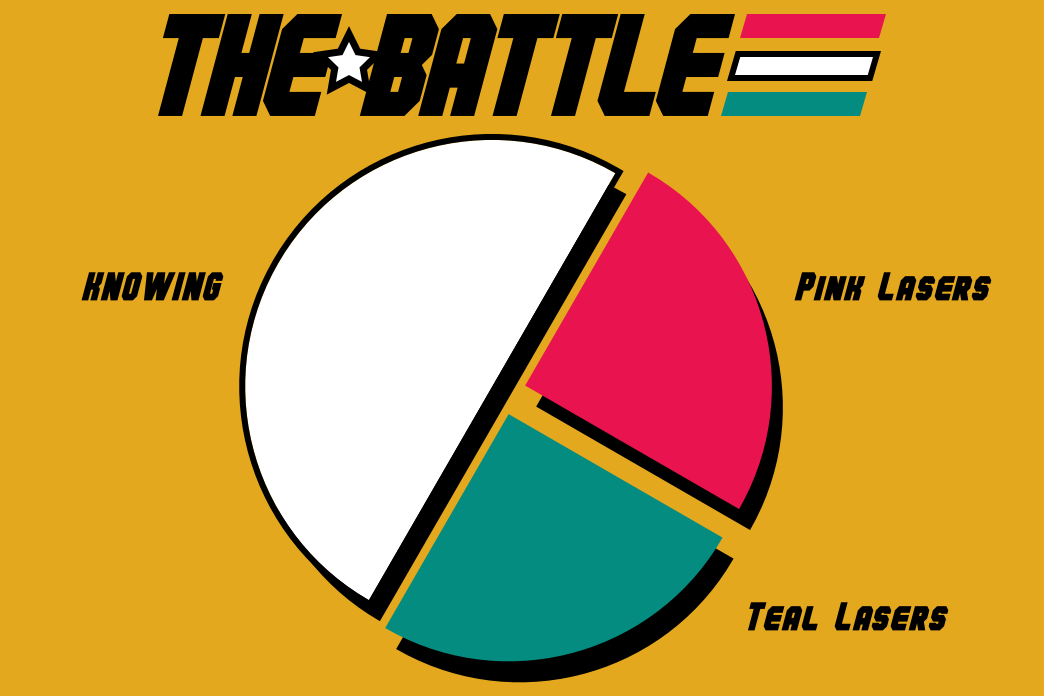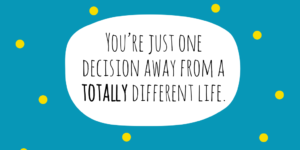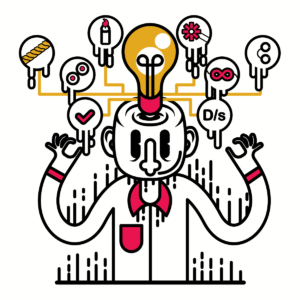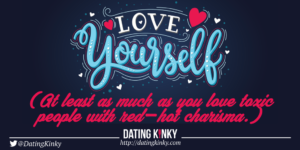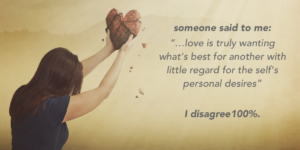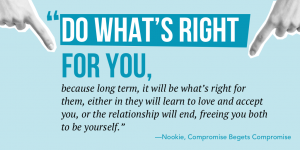This writing is now available as a podcast episode!
Last night, I presented my first FREE monthly Newbies Night webinar to the community, with the brilliant host @QPDoll. (See the schedule live here.)
It’s incredibly gratifying to be able to share access to information and to answer questions live with people with all levels of experience, from all over the world (like C in from Brazil!), in a way that allows them to choose their comfort level of interaction.
SOOOOO amazing.
Today, when I checked my writing prompt I’ve set myself for the day, it made me smile, because it seemed like the perfect follow-up.
Here’s what I saved for myself from a conversation on July 13, 2019:
My Friend:
Knowledge is power but sometimes knowledge makes everything confusing when things could be easy and natural
Me:
Knowledge is not power.
Knowledge is knowledge until you apply it or leverage it.
It can, as you just pointed out, be a detriment, even.
My Friend:
Are you telling me all of my gradeschool teachers and the G.I. Joe cartoon show was lying to me
Me:
Yes.
Or, not lying.
They didn’t mean to tell a falsehood.
My Friend:
Heresy!!!!
Me:
They were just wrong.
My Friend:
?
Me:
Truth.
It is true that having knowledge when others do not can be powerful.
It can also be a burden. Like for Barry J. Marshall and Robin Warren, the two Australian researchers who discovered the bacterium Helicobacter pylori and deciphered its role in gastritis and peptic ulcer disease.
At that time when Warren and Marshall announced their findings, it was a long-standing belief in medical teaching and practice that stress and lifestyle factors were the major causes of peptic ulcer disease.
When they tried to show the medical community their findings, they were ridiculed.
Until Marshall underwent gastric biopsy to put evidence that he didn’t carry the bacterium, then deliberately infected himself to show that it in fact caused acute gastric illness.
Was that power? Sure, of a sort.
But only because Marshall and Warren had the tenacity to stick with it and show their work in many multiple ways to the world.
They did end up winning the Nobel Prize in Physiology or Medicine in 2005. Twenty years after Marshall’s self-infection.
A little bit can go a long way…
In either direction.
Last night, we cautioned the Newbies who joined us (thank you!) to spend time watching and learning as they entered into the scene.
Because there is so much that we do that can be dangerous and different, and even how we socially interact and the words we use are new to people just coming into the lifestyle.
And sometimes, a little bit of knowledge is scarier (Hello, Dunning-Kruger?) than none at all, because with no knowledge at all, people don’t feel over-confident, and may take more care.
I say about many things in my life, “I know just enough about _____ to be a danger to myself and others.” It’s not only to let them know my skill level (or lack thereof), but also to remind myself.
And I find no shame in saying, “I have no idea,” or “I know these three things I read online, but I don’t really KNOW about it, could you tell me more?”
Like many other tools in our toolbox, knowledge used properly is powerful and beneficial. Used incorrectly, it is neither and may actually harm.
I like to think that knowledge is 50%, and doing is 50%, broken into two quarters:
- Doing and getting it wrong (learning).
- Doing and getting it right (practice).
G.I. Joe said…
“Knowing is half the battle.”
It’s true. G.I. Joe didn’t lie.
Knowing is half the battle. Often the easy half.
Because knowing is not the same as doing. And doing (ie. learning, practice, real-life experience) is essential in any battle, journey, collaboration, or kinky play.


